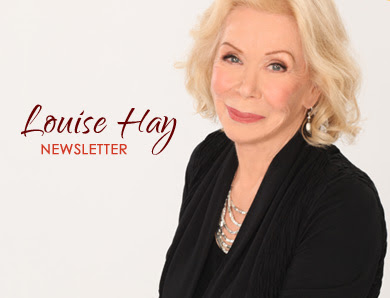By: Emily Nichols, edited by: Armen Sargsyan
Who is Emily Nichols – and why should I read what she writes?
Hi, I’m Emily Nichols and I study public relations at Arizona State University’s Walter Cronkite School of Journalism and Mass Communication. I am a student in Barrett, The Honors College receiving a combined bachelors / masters degree within four years!
My amazing school has provided me with a wealth of tools, though much of my deepest learning comes from world travels and internships. I studied abroad in Spain, worked as a multimedia journalist in Costa Rica, and take annual mission trips to Mexico – and am now fluent in Spanish.
I have also worked public relations for McDonald’s USA, editorial for SheKnows.com, and as a reporter for The State Press at Arizona State. You should also know I’m INCREDIBLY obsessed with food – particularly *seafood (like Peruvian ceviche and Portuguese bacalhau).
** You’ll notice I wrote the word seafood with an “a” – not as “see-food” – although I follow the “see-food” diet, too.
Leadership Through Positivity
In both professional and personal experiences, I have learned to appreciate a leader that is first and foremost a “people person.” I believe leadership has little to do with technical skills and everything to do with personal skills.
The best leaders can guide others to success by demonstrating positive outcomes in their own lives – causing others to seek a similar response. Successful leadership allows creative freedoms and does not require stern dictation or strict rules.
One noteworthy leader is a best-selling author and amazingly-positive woman, Louise Hay.

Hay founded Hay House publishing, is best known for her book, “You Can Heal Your Life” and inspires individuals across the world to recognize and leverage their self worth. Hay’s teaching and leadership techniques guide others to realize their own value and make the world a more positive place as a result.
One of Hay’s main practices includes daily affirmations where people look in the mirror and recite positive statements beginning with “I am,” to improve their confidence dramatically. It is with this type of positive teaching that Hay has created what can be considered a ‘beneficent band of loyal followers.’ Hay leads an army that is powerful yet positive – something the world truly needs. She believes people can heal their own lives (including sickness) with these powers.
Hay embodies traits of a motivational leader, a passionate friend and a positive role model. In looking at Louise Hay, we see an example of true leadership through positivity.

Dear Emily,
You make an excellent point, qualifications are not more important than a leader’s ability to connect with others. A leader has to be admired and approachable in order for them to bring about the most change. Being a CEO of a Fortune 500 company does not make you a leader but inspiring those around you to work together to achieve greatness, that’s being a leader.
Sepeedeh